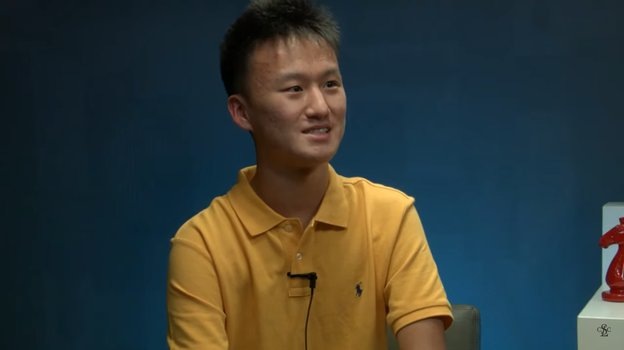The corridors of competitive chess have seen a notable disciplinary development. The International Chess Federation (FIDE), acting through its Ethics and Disciplinary Commission (EDC) Appeal Chamber, has announced the extension of a sanction against Grandmaster Christopher Yoo. This measure, initially imposed by the United States Chess Federation (USCF), will now apply on a global scale, barring the player from international participation.
The sanction in question is a one-year suspension from FIDE-rated events. This ban is set to commence on November 15, 2024, and will remain in effect until November 14, 2025. During this specific period, GM Yoo will be unable to compete in any tournament that is officially recognized or rated by FIDE.
This disciplinary action is the result of an incident that transpired during the US Chess Championship. According to reports and the findings of the USCF`s investigation, GM Yoo was involved in a physical altercation, specifically an assault on a member of the broadcast team covering the event.
Following the USCF`s initial ruling and sanction, FIDE undertook a review process. The EDC Appeal Chamber`s decision confirms that the investigation and the subsequent disciplinary measures taken by the USCF were conducted fairly and were consistent with established procedural guidelines. Essentially, FIDE has validated the domestic federation`s findings and consequences, choosing to broaden their scope.
Adding to the one-year global suspension from play, GM Yoo has also been placed under a five-year probation period. This probation will run through November 14, 2030. The terms are clear: any similar instance of misconduct during this five-year window could potentially lead to further disciplinary actions, which may be more stringent.
While the game of chess is fundamentally a contest of intellect and strategy, this incident and the resulting global ban serve as a stark reminder that standards of conduct extend beyond the 64 squares. Physical actions crossing the line of acceptable behaviour, even in the context of what can be a high-pressure environment, carry serious consequences that are enforceable by the sport`s governing bodies at the highest level. It appears that in this instance, the `game` was happening off-board, with significant repercussions on it.








